1. What is the best season to trek the Alps?
The ideal time to trek the Alps is usually from June to late September (Image source: Much Better Adventures)
The ideal time to trek the Alps is from June to late September. The European summer brings clear skies, little rain, warm days and cool nights. This is also the time when the snow melts on the high passes, opening up safe and beautiful paths through the mountains and steppes.
In June, wildflowers begin to bloom on the mountain slopes, blanketing the meadows in soft colors. July and August are the best months, with mild temperatures and bright sunshine. In late September, autumn arrives, turning the forest golden and adding to the romantic atmosphere, but be careful as the weather begins to get colder and the days get shorter.
2. Choose a route that suits your physical strength and desires
Tour du Mont Blanc passes through three countries – France, Italy, Switzerland (Image source: Wildland Trekking)
The Alps stretch across countries such as Switzerland, France, Italy, Austria and Germany, with hundreds of trekking routes ranging from easy to challenging. Some of the notable routes you might consider include:
- Tour du Mont Blanc: One of the most famous trekking routes in the world , passing through three countries – France, Italy, Switzerland – with a total length of about 170 km. The journey lasts from 7 to 11 days depending on the speed of travel, taking you through valleys, glaciers and ancient villages.
- Haute Route: The high-end route from Chamonix (France) to Zermatt (Switzerland), for experienced and fit riders. This is a journey of more than 200 km through towering peaks, requiring careful preparation.
- Eagle Walk in Austria: Over 400km of trail with many short, isolated sections, suitable for both beginners and experienced hikers. Highlights include dense forests, clear lakes and dramatic limestone peaks.
3. Prepare your body before departure
Trekking the Alps is a physically demanding experience (Image source: Ryder-Walker)
Trekking the Alps is a physically demanding experience, not only because of the long distances but also because of the complex terrain and constant elevation changes. Physical training before the trip is indispensable.
You should start training about 2 to 3 months before your trip. Brisk walking, stair climbing, trail running, long-distance cycling, and weight training will strengthen your legs, back, and cardiovascular system. Deep breathing exercises will also help your body adapt to the thin air at altitudes above 2,000 meters.
Don't forget to have a general health check to ensure you are fit enough to trek in high and cold areas, avoiding risks related to the heart or respiratory system.
4. Essential items when trekking the Alps
A good trekking backpack is your most important companion (Image source: Strabo)
A good trekking backpack is your most important travel companion. It should have a sturdy frame, breathable back padding, and hip straps to distribute weight properly. A capacity of 40 to 60 liters is enough for a trip of a few days to a week.
Necessary items include:
- Windbreaker and waterproof jacket: The Alps can be rainy and windy, even in summer.
- Thermal clothing: Sweaters, sweatshirts, and pants made of light but warm materials.
- Specialized trekking shoes: Anti-slip, foot-hugging, rubber sole with good grip and waterproof.
- Sleeping bag: For nights in huts or tents.
- Trekking poles: Help reduce pressure on the knees when going up and down slopes.
- Headlamp, map, utility knife and water filter: Always carry them to be proactive in any situation.
5. Protect nature and indigenous culture
Trekking the Alps is a way to live in harmony with nature (Image source: Wilderness Travel)
Trekking the Alps is not only a journey of conquest but also an opportunity to learn how to live in harmony with nature. You should follow the principles of “Leave No Trace” – do not litter, do not pick wild flowers, do not affect the ecosystem and wildlife.
At the same time, respect the local culture – greet people in the local language, use local services and learn about the history and traditions of the land you are passing through. Humility and learning are the keys to a more meaningful journey.
Trekking the Alps is not for those who are afraid of challenges, but it is a wonderful invitation for brave souls, hearts that love nature and are eager to explore . Once in your life, carry your backpack on your shoulders, to walk among the cloudy roads, where the church bells echo in the mist and the European summer is still waiting for you at the end of the slope.
Source : https://www.vietravel.com/vn/am-thuc-kham-pha/kinh-nghiem-trekking-day-alps-v17396.aspx


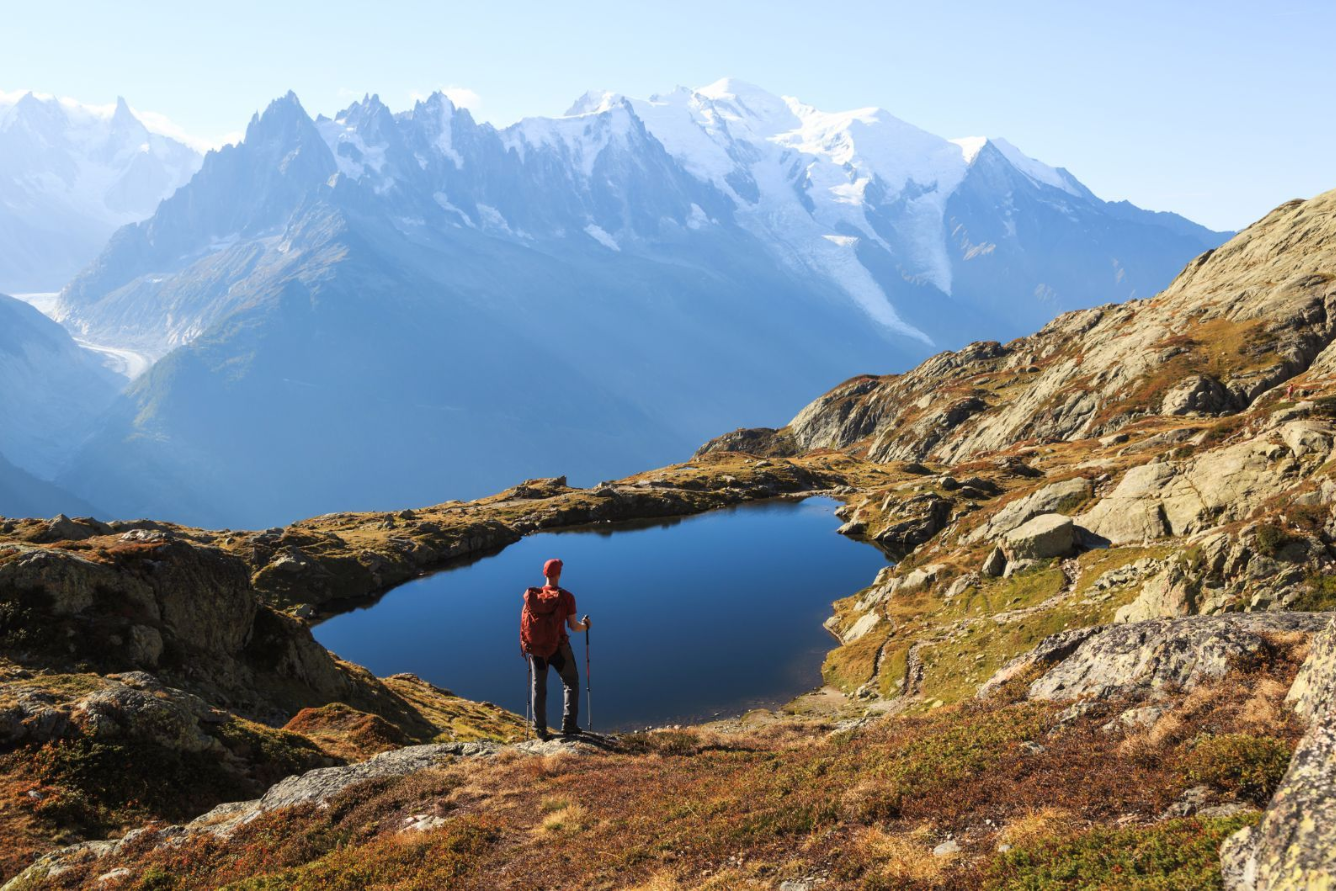
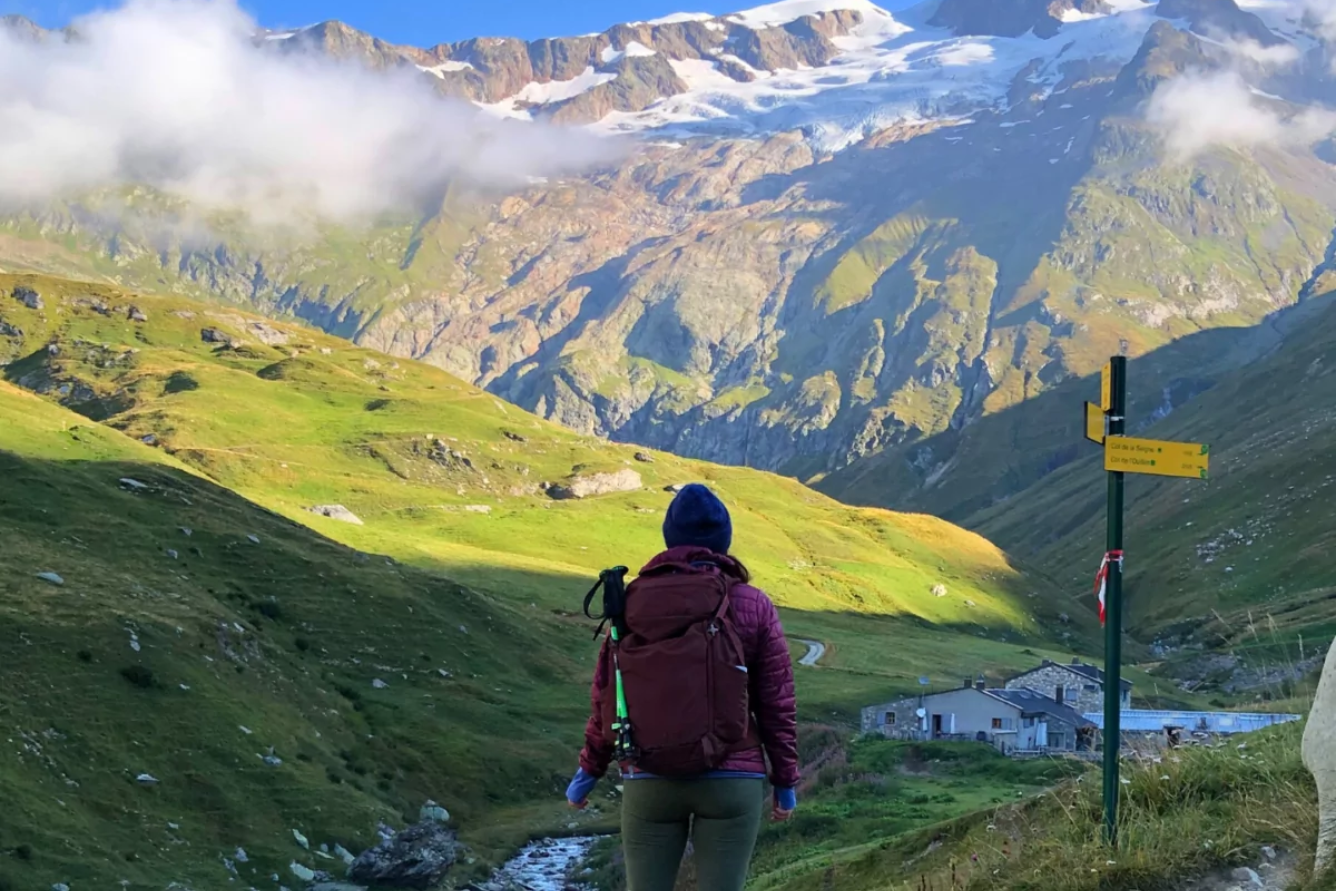
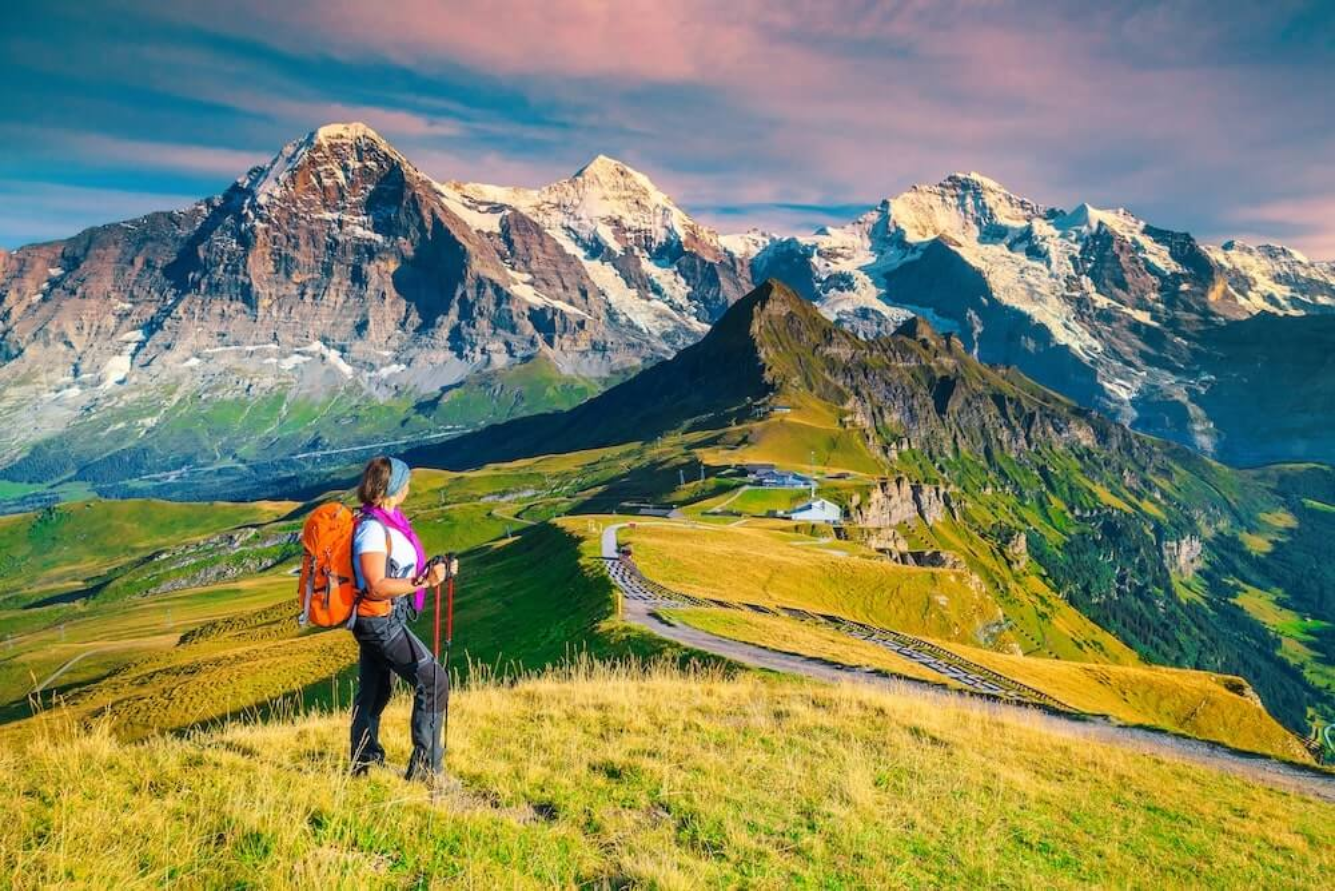
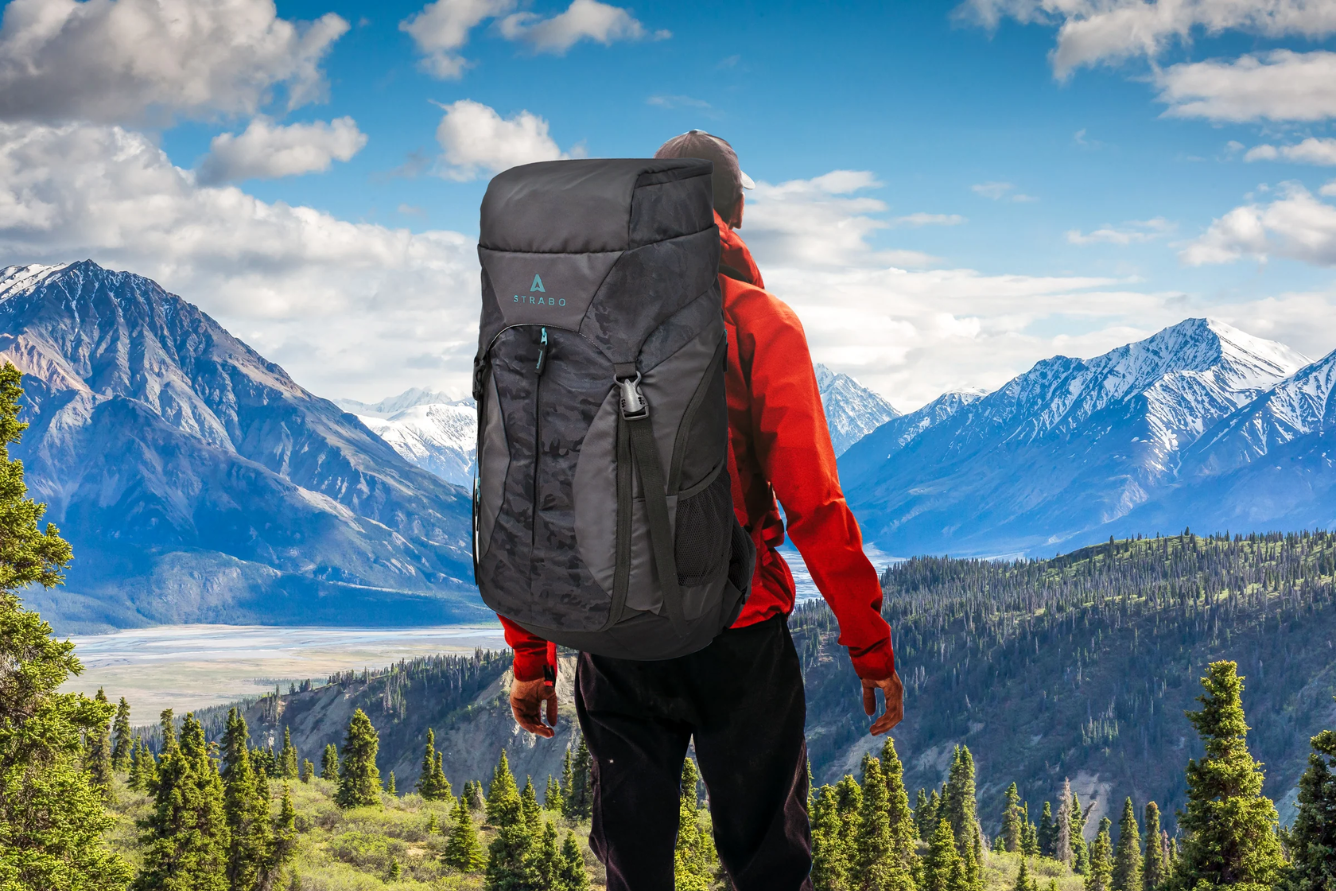
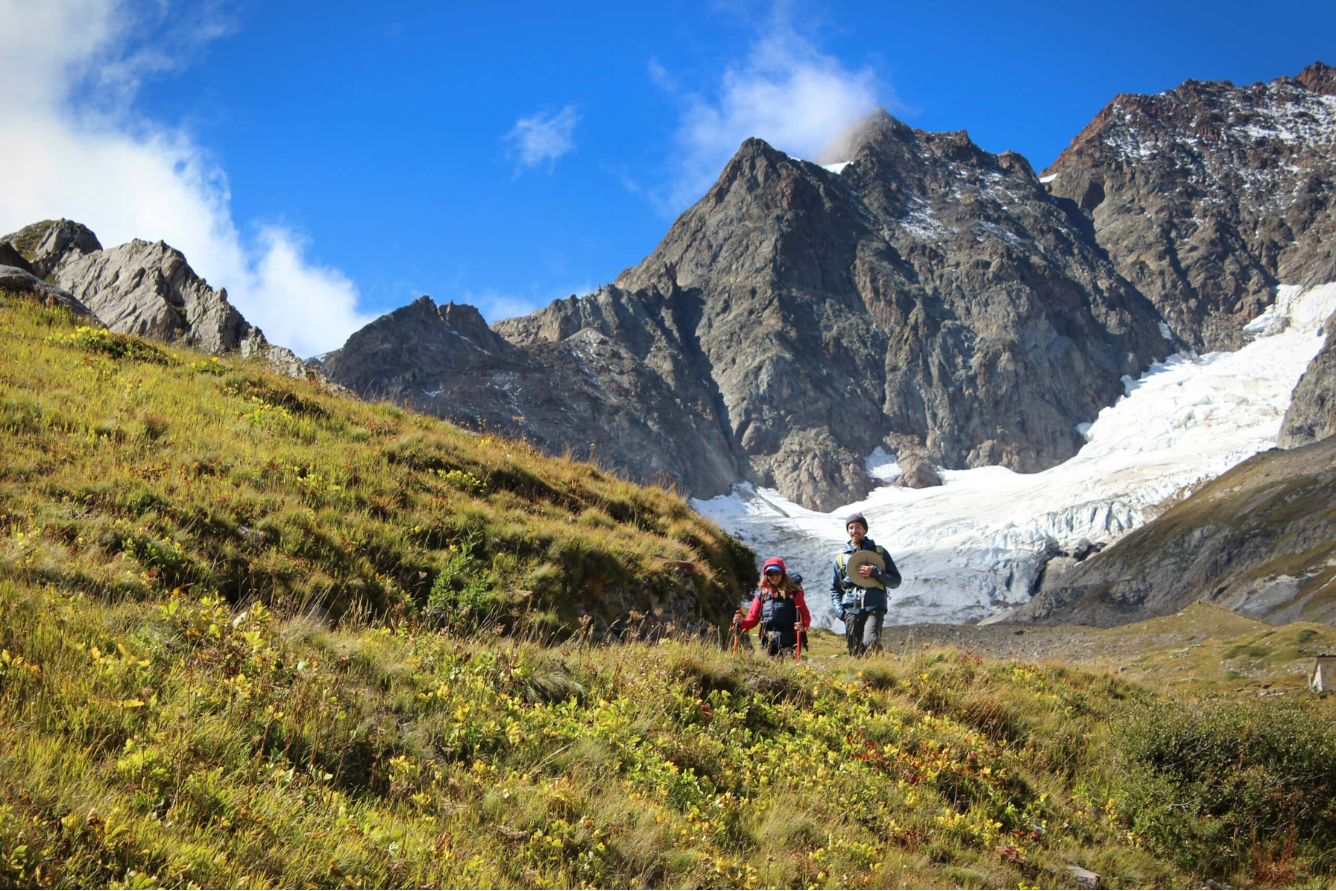


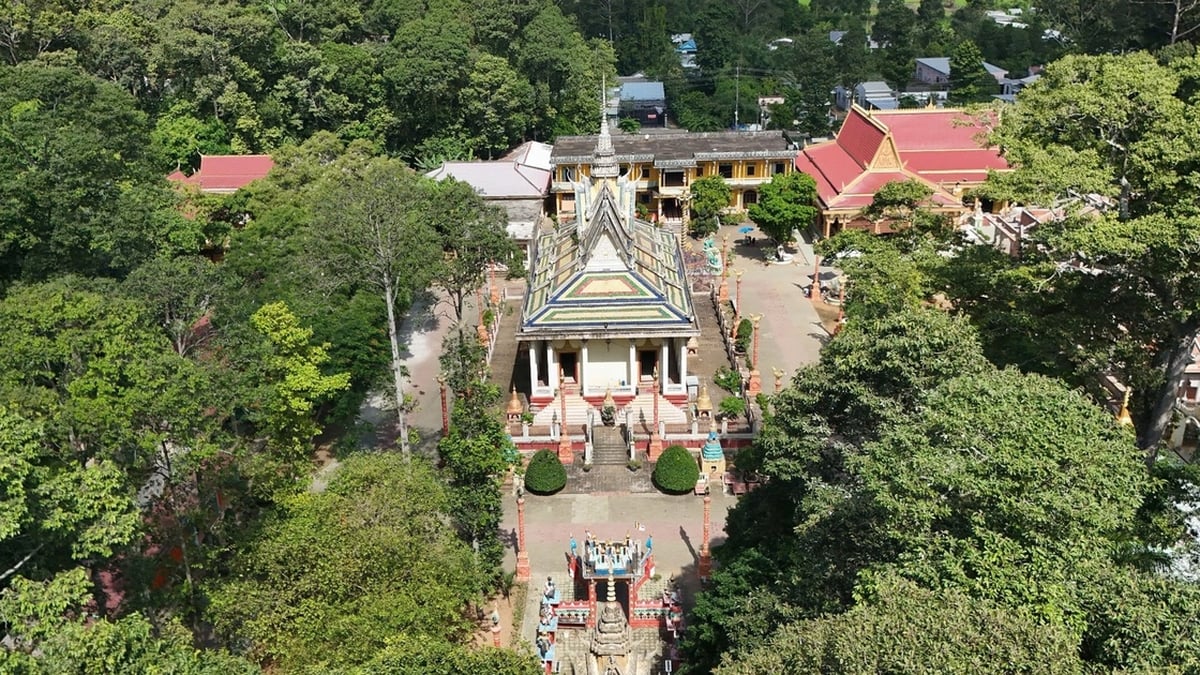


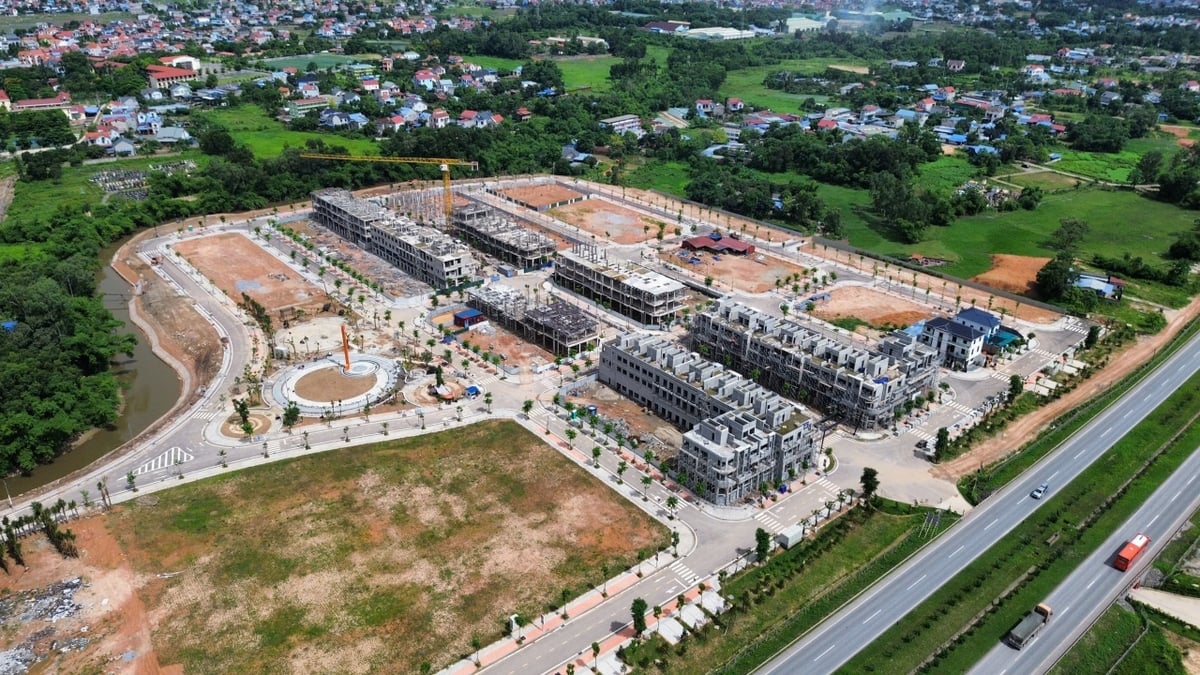






















































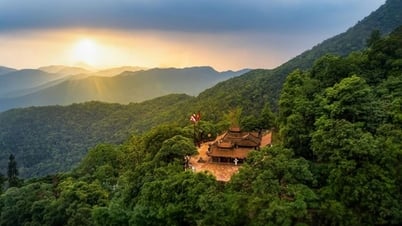

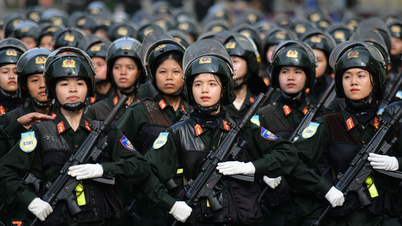












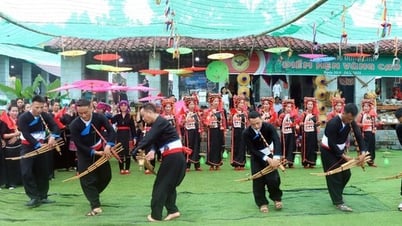







![[Infographic] In 2025, 47 products will achieve national OCOP](https://vphoto.vietnam.vn/thumb/402x226/vietnam/resource/IMAGE/2025/7/16/5d672398b0744db3ab920e05db8e5b7d)














Comment (0)